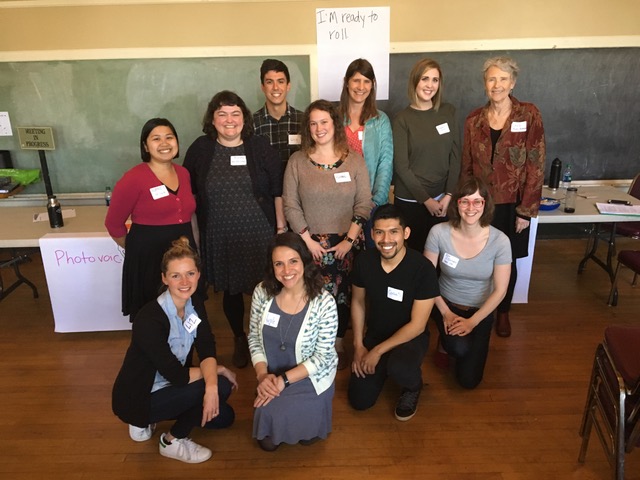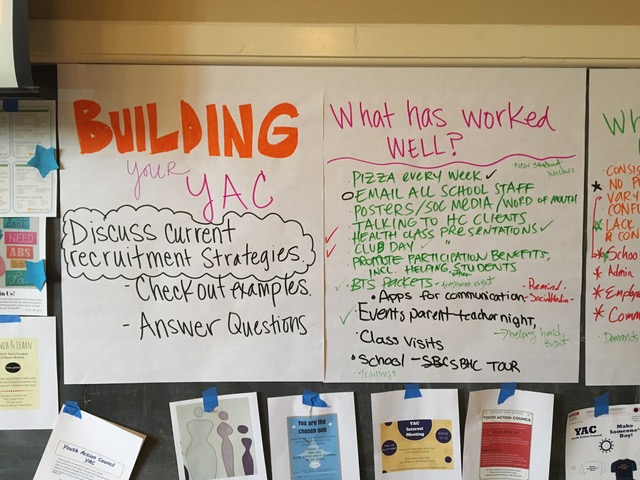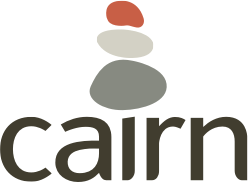By Liz Thorne

I recently worked with the Oregon School Based Health Alliance to develop and facilitate a training to build capacity for staff that coordinate youth action councils or school health action councils (YACs or SHACs). The work is funded through the Oregon Health Authority’s School Based Health Center (SBHC) State Program Office. The funding is focused on mental health, and each YAC/SHAC works to raise awareness of their school’s school-based health center and implement a participatory action research project around mental health. Coordinators from across Oregon came together for two days to learn, share, and connect! They brought so much wisdom, energy and great strategies for working alongside young people.
What are Youth-Adult Partnerships?
Youth- adult partnerships are about sharing power with young people. It occurs along a spectrum from zero youth involvement (they are a “vessel”) to total youth control (like youth led grass roots organizing). There’s a sweet spot in the middle where adults and youth share power. Adults may provide the connections, opportunities to build skills (like public speaking, research, writing), help keep everyone on the same page and organized, and help navigate obstacles but young people are making the decisions and leading the work. If you are interested in learning more about youth-adult partnerships, check out a webinar I co-facilitated with Haylee, the Student Health Advocate Coach for the Oregon School Based Health Alliance here http://osbha.org/blogs/ashleyosbhaorg/intro-youth-adult-partnerships-webinar .
Below are some of the best practices for building youth-adult partnerships adapted from research and practice, as well as some reflections from the training.
1) Pay attention to logistics and group dynamics. Young people have complicated lives and they need flexibility. Ensure you have many different ways young people can be involved that elevate different skills, interests and personalities. For example, you might have someone who is interested in graphic design but can’t make your meetings. Could they work on marketing materials or an infographic and keep connected through communication platforms like GroupMe, SLACK, or Google Hangout? How often does the group meet? Are there barriers that keep a diverse array of young people from being able to participate (like transportation)?
2) Creating opportunities for reflection. These can be formal or informal, and individually or as a group. Some of the benefits of youth adult partnerships come from young people creating connections with a supportive adult, their peers, and having a stronger connection to their community or school. Holding space for reflection and relationship building is critical (and particularly related to number 3).
3) Affirmatively address issues of role and power. This is a BIG one, and one that our training participants agreed could have been the whole focus of our training! Many of the “systems” (schools, local or state government, etc.) are not built to effectively partner with young people. Plus, many adults in those systems are probably not used to working with young people in a partnership capacity. As young people work together to create change in their community they will inevitably: 1) run into obstacles that will delay or derail their plans and 2) confront issues of inequality, oppression, stigma or “isms”. It’s vital that young people are supported to identify the power brokers or points of leverage in their system/community and get them on board. When obstacles do arise, the coordinator or adult ally has to hold space to be able to help facilitate the likely anger and frustration into a new path forward. Having a strong group process, team building opportunities, and time for reflection with thoughtful facilitation can help support young people as they critically examine all the things that influence them, their families, neighborhood and community.
For more information about building youth-adult partnerships or participatory action research with young people, you may contact Liz at liz@cairnguidance.com


Leave a Reply